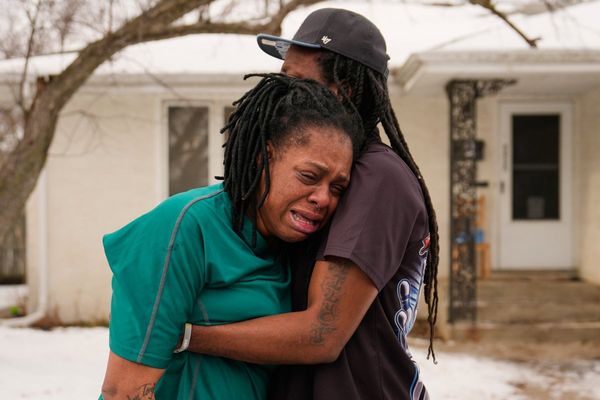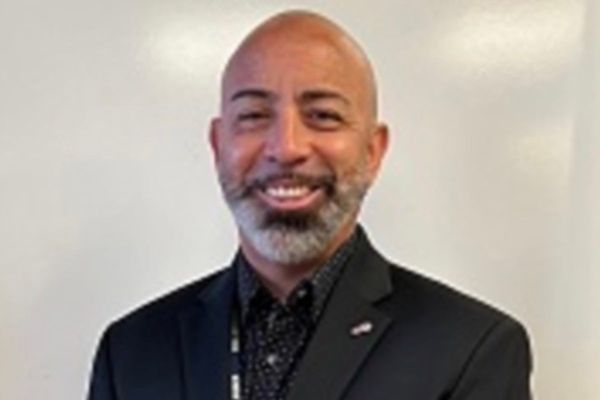
Death is one of life’s great certainties, but what actually happens to your body—and your bank account—after you pass away? Most of us don’t spend much time thinking about the strange, sometimes unsettling, and often surprising things that occur in the aftermath. Yet, understanding these post-mortem realities can help you and your loved ones avoid financial headaches, legal confusion, and even a few awkward surprises. Whether you’re planning your estate or just curious about the oddities of life after death, this list will shed light on the weird ways your body and your money keep moving after you’re gone. Let’s dive into the seven strangest things that happen to your body and bank account after death—and why you should care.
1. Your Body Goes on a Biological Rollercoaster
When you die, your body doesn’t just stop—it embarks on a bizarre biological journey. Within minutes, your cells begin to break down, and enzymes start digesting your tissues in a process called autolysis. Rigor mortis sets in, making your muscles stiff, and then, a few days later, your body relaxes again. These changes can affect everything from funeral arrangements to the timing of a viewing. If you want to spare your loved ones from unexpected complications, consider pre-planning your funeral and discussing your wishes in advance.
2. Your Digital Life Lingers On
In today’s world, your digital footprint can outlive you by years. Social media accounts, email addresses, and even online bank accounts may remain active unless someone takes steps to close or memorialize them. This can lead to identity theft or unwanted reminders for your loved ones. Make a list of your digital assets and passwords, and appoint a digital executor in your will. Some platforms, like Facebook, allow you to choose a legacy contact to manage your account after death.
3. Your Bank Account Doesn’t Freeze Instantly
Many people assume that their bank accounts are immediately frozen upon death, but that’s not always the case. Joint accounts may remain accessible to the surviving account holder, while individual accounts typically require a death certificate before being closed or transferred. If you don’t have a payable-on-death (POD) beneficiary listed, your funds could get tied up in probate for months. To avoid this, review your account designations and update your beneficiaries regularly. This simple step can save your heirs time, money, and stress.
4. The Government Wants Its Cut
Death doesn’t mean you’re off the hook with Uncle Sam. Your estate may be subject to federal and state taxes, depending on its size and where you live. The IRS requires a final tax return; in some cases, estate taxes can take a significant bite out of your assets. Even if your estate isn’t large enough to trigger federal estate tax, state inheritance taxes might still apply. Consulting with a financial advisor or estate planner can help you minimize the tax burden on your heirs.
5. Your Debts Don’t Die with You
It’s a common myth that your debts disappear when you do. Your estate is responsible for settling outstanding debts before any assets are distributed to heirs. This includes credit cards, mortgages, and even some student loans. If your estate doesn’t have enough assets to cover the debts, creditors may go unpaid, but your family generally won’t be personally responsible—unless they’re co-signers. To protect your loved ones, keep a clear record of your debts and consider life insurance to cover any major liabilities.
6. Your Heirs Might Fight Over Your Stuff
Even the closest families can find themselves at odds over inheritance. Without a clear will or estate plan, disputes can arise over everything from family heirlooms to bank accounts. These conflicts can drag on for years and drain your estate through legal fees. The best way to prevent this is to create a detailed will, communicate your wishes clearly, and update your documents as life changes. Open conversations now can save your family a lot of heartache later.
7. Your Money Could Go to the State
If you die without a will and have no identifiable heirs, your assets could end up as “escheat,” meaning they’re claimed by the state. This process varies by location, but it’s a real risk if you don’t have an estate plan. Even if you have distant relatives, tracking them down can be a lengthy legal process. To ensure your money goes where you want, make a will and keep your beneficiary designations up to date. This is especially important for bank accounts, retirement funds, and life insurance policies.
Planning for the Inevitable: Protect Your Legacy and Your Loved Ones
While it’s easy to put off thinking about what happens after death, a little planning now can make a world of difference for your family—and your finances. From your body’s strange biological journey to the surprising ways your bank account can be affected, understanding these weird post-mortem realities empowers you to take control. Review your estate plan, update your beneficiaries, and talk openly with your loved ones about your wishes. Doing so will protect your legacy and your family from unnecessary stress.
What surprised you most about what happens to your body and bank account after death? Share your thoughts or experiences in the comments below!
Read More
Who Pays the Shocking Truth About Medical Bills After Death
6 Things That Can Happen If You Die Without a Will and It’s Not Good
The post 7 Weird Things That Happen to Your Body—and Bank Account—After Death appeared first on The Free Financial Advisor.







